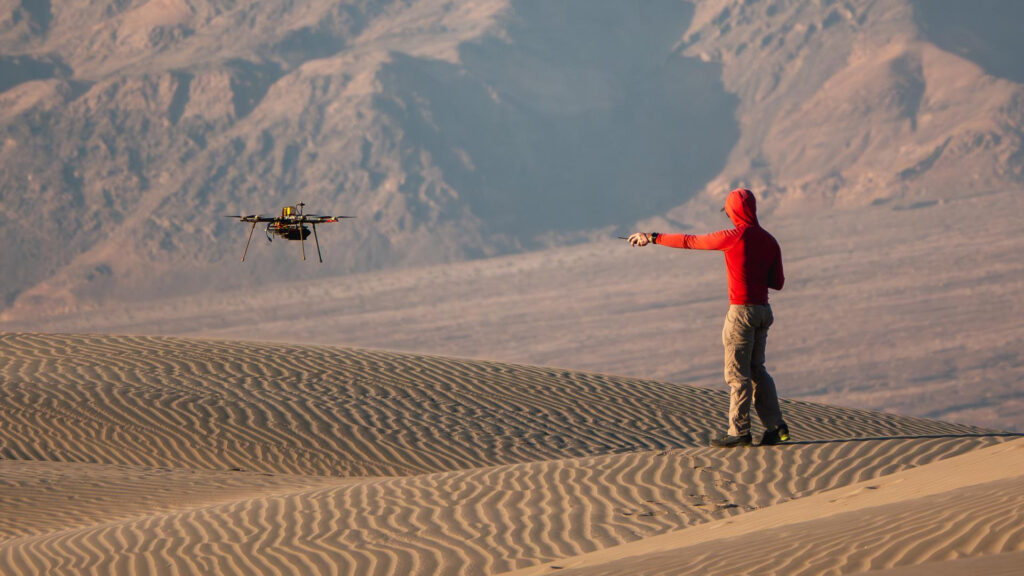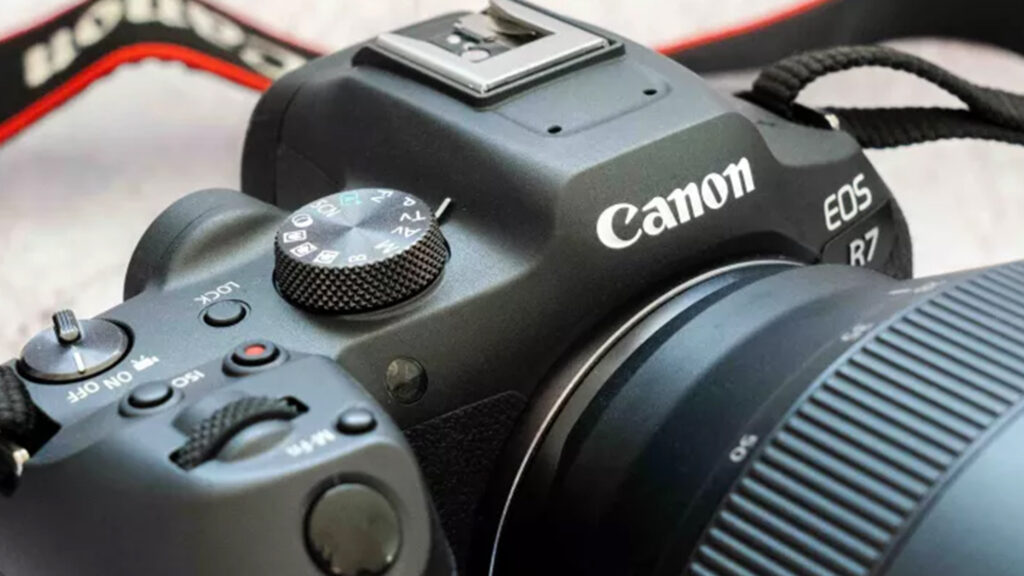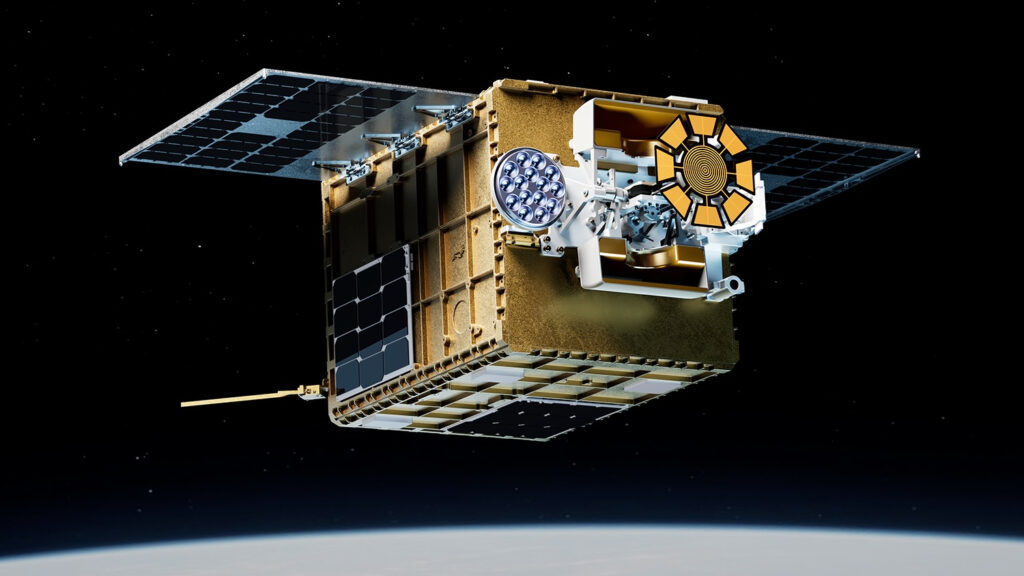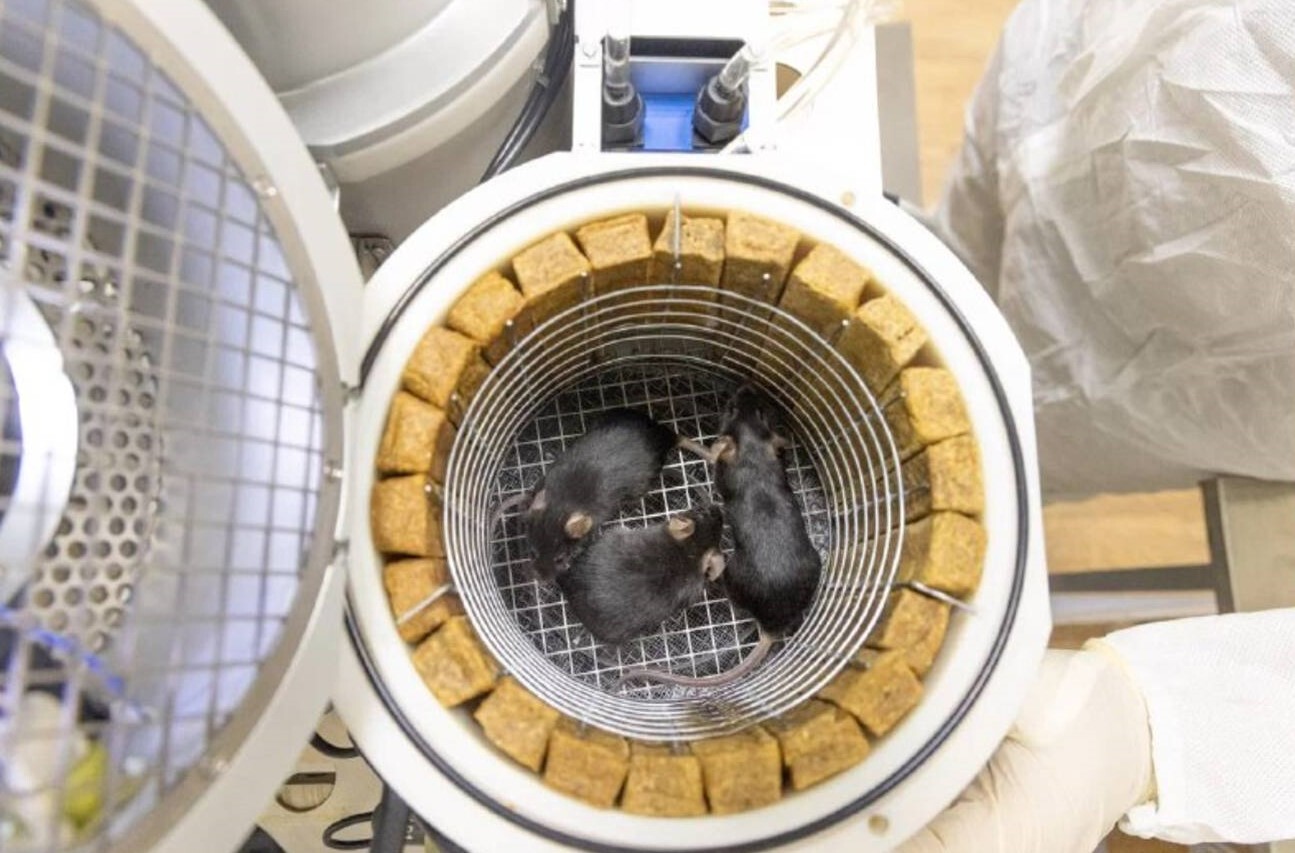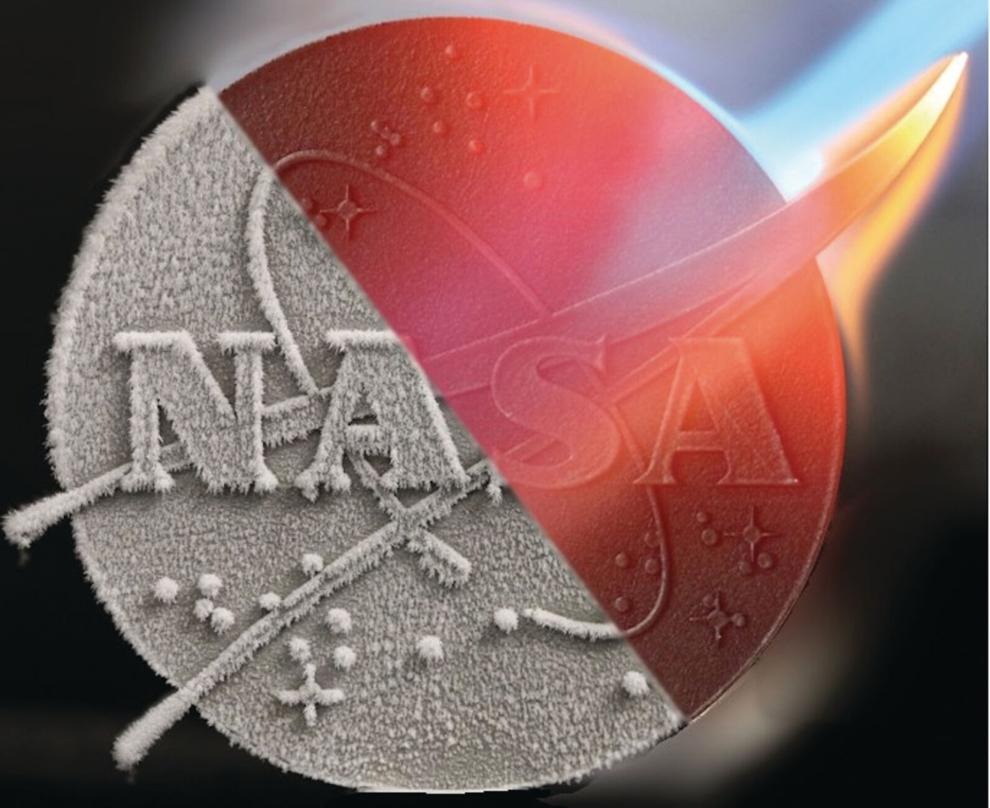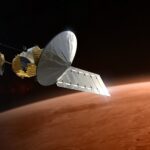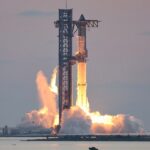Now Reading: NASA wants new spacecraft to fly to hard-to-reach orbits around Earth and in deep space
-
01
NASA wants new spacecraft to fly to hard-to-reach orbits around Earth and in deep space
NASA wants new spacecraft to fly to hard-to-reach orbits around Earth and in deep space
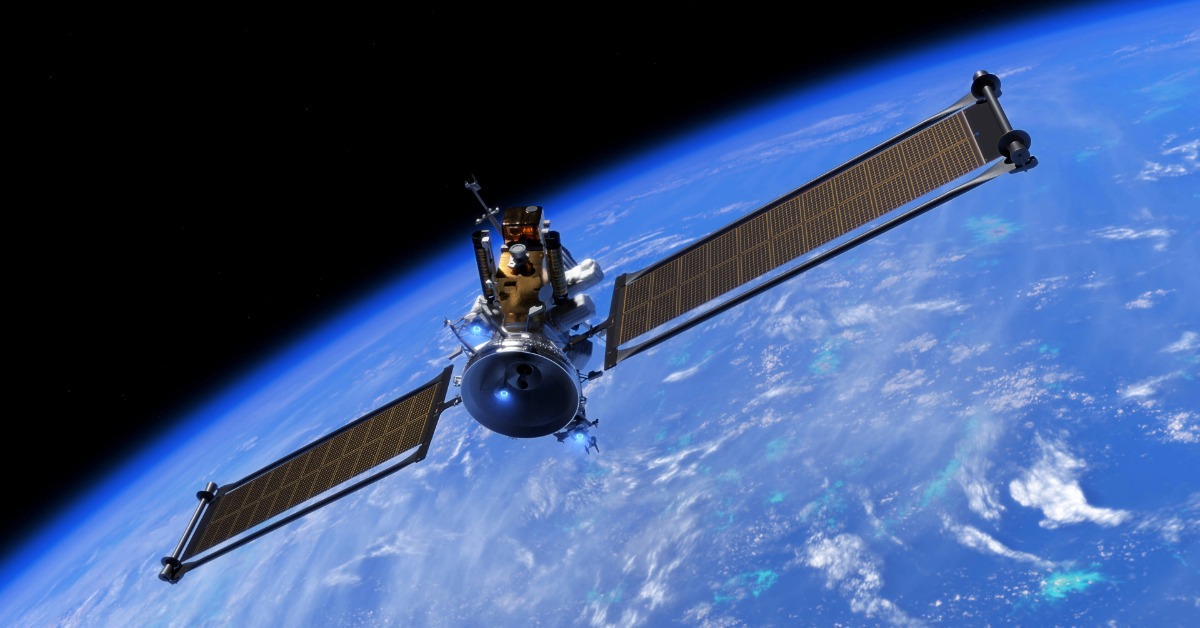
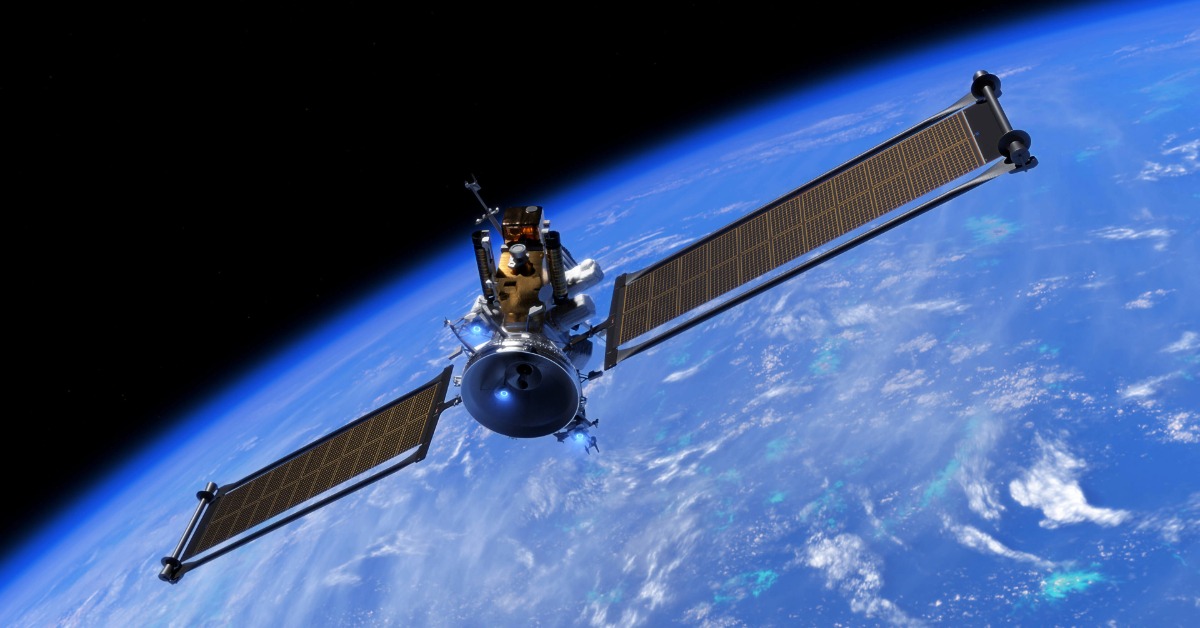
NASA is asking six companies to help the agency move spacecraft between difficult-to-reach orbits.
The agency recently awarded a total of $1.4 million to the group, which includes companies like Blue Origin, United Launch Alliance and Rocket Lab. The goal is to eventually send various sizes and types of spacecraft to a variety of destinations in the final frontier, using orbital transfer vehicles.
Orbital transfer vehicles launch atop rockets, carrying other spacecraft that they deliver to specific, often hard-to-reach, orbits. The new early-stage studies for NASA should be complete by mid-September.
NASA will use the work to potentially bring “risk-tolerant payloads” to space, the agency stated on Tuesday (Aug. 5), “with a possibility of expanding delivery services to larger-sized payloads and to less risk-tolerant missions in the future.” The agency also has a long-term goal to send more missions to the moon and Mars in a cost-efficient way.
Spacecraft have limited fuel on board, often making it difficult for them to change orbits on their own. Rockets also have difficulty in carrying spacecraft far afield, as most of their fuel is burned on liftoff alone. Hence the utility of an orbital transfer vehicle, which is designed to take a satellite, or a series of satellites, away from the rocket and to another orbit.
Related Stories:
NASA officials stated that a multi-orbit approach is needed as the pace of commercial space delivery increases, especially when several spacecraft or orbits are required for a single mission.
The new awards “will increase unique science capability and lower the agency’s overall mission costs,” Joe Dant, orbital transfer vehicle strategic initiative owner for the launch services program at NASA’s Kennedy Space Center in Florida, said in the same statement.
The six companies are collectively working on nine early-stage studies for orbital transfer vehicles. Here’s a quick rundown:
- Awardee Arrow Science and Technology will partner with a non-awardee, Quantum Space. The study will examine Quantum’s Ranger for payload delivery “for missions from low Earth orbit to lunar orbit,” NASA stated.
- Jeff Bezos’ Blue Origin will conduct two studies. The first is designed for the Blue Ring platform, which can use hybrid solar-electric and chemical propulsion for orbits ranging from geostationary to cislunar (near-moon) to Mars to interplanetary locations. The second study will examine an upper stage for New Glenn, Blue’s heavy-lift orbital rocket.
- Firefly Aerospace will study use of its Elytra orbital vehicles for transfer to lunar orbit operations, or applications in cislunar space such as imaging, payload delivery or domain awareness.
- Impulse Space will perform two studies. These will involve two vehicles, called Mira and Helios. Mira is described as a “highly maneuverable spacecraft” for payload hosting and deployment, and Helios is a kick stage able to move from low Earth orbit to medium Earth orbit, geostationary orbit or further destinations.
- Rocket Lab will conduct two studies — one for its powerful new Neutron rocket, and one for an orbital transfer vehicle based on its Explorer spacecraft. These vehicles can collectively reach orbits including medium Earth orbit and geosynchronous orbit, or faraway destinations such as the moon, Mars or asteroids.
- United Launch Alliance will perform a study on its Centaur V upper stage, with the aim of creating rideshare missions to cislunar space. Centaur V is used both on the retiring Atlas V rocket line, as well as the newer Vulcan Centaur rockets.
Stay Informed With the Latest & Most Important News
Previous Post
Next Post
-
 01Two Black Holes Observed Circling Each Other for the First Time
01Two Black Holes Observed Circling Each Other for the First Time -
 02From Polymerization-Enabled Folding and Assembly to Chemical Evolution: Key Processes for Emergence of Functional Polymers in the Origin of Life
02From Polymerization-Enabled Folding and Assembly to Chemical Evolution: Key Processes for Emergence of Functional Polymers in the Origin of Life -
 03Astronomy 101: From the Sun and Moon to Wormholes and Warp Drive, Key Theories, Discoveries, and Facts about the Universe (The Adams 101 Series)
03Astronomy 101: From the Sun and Moon to Wormholes and Warp Drive, Key Theories, Discoveries, and Facts about the Universe (The Adams 101 Series) -
 04True Anomaly hires former York Space executive as chief operating officer
04True Anomaly hires former York Space executive as chief operating officer -
 05Φsat-2 begins science phase for AI Earth images
05Φsat-2 begins science phase for AI Earth images -
 06Hurricane forecasters are losing 3 key satellites ahead of peak storm season − a meteorologist explains why it matters
06Hurricane forecasters are losing 3 key satellites ahead of peak storm season − a meteorologist explains why it matters -
 07Binary star systems are complex astronomical objects − a new AI approach could pin down their properties quickly
07Binary star systems are complex astronomical objects − a new AI approach could pin down their properties quickly












